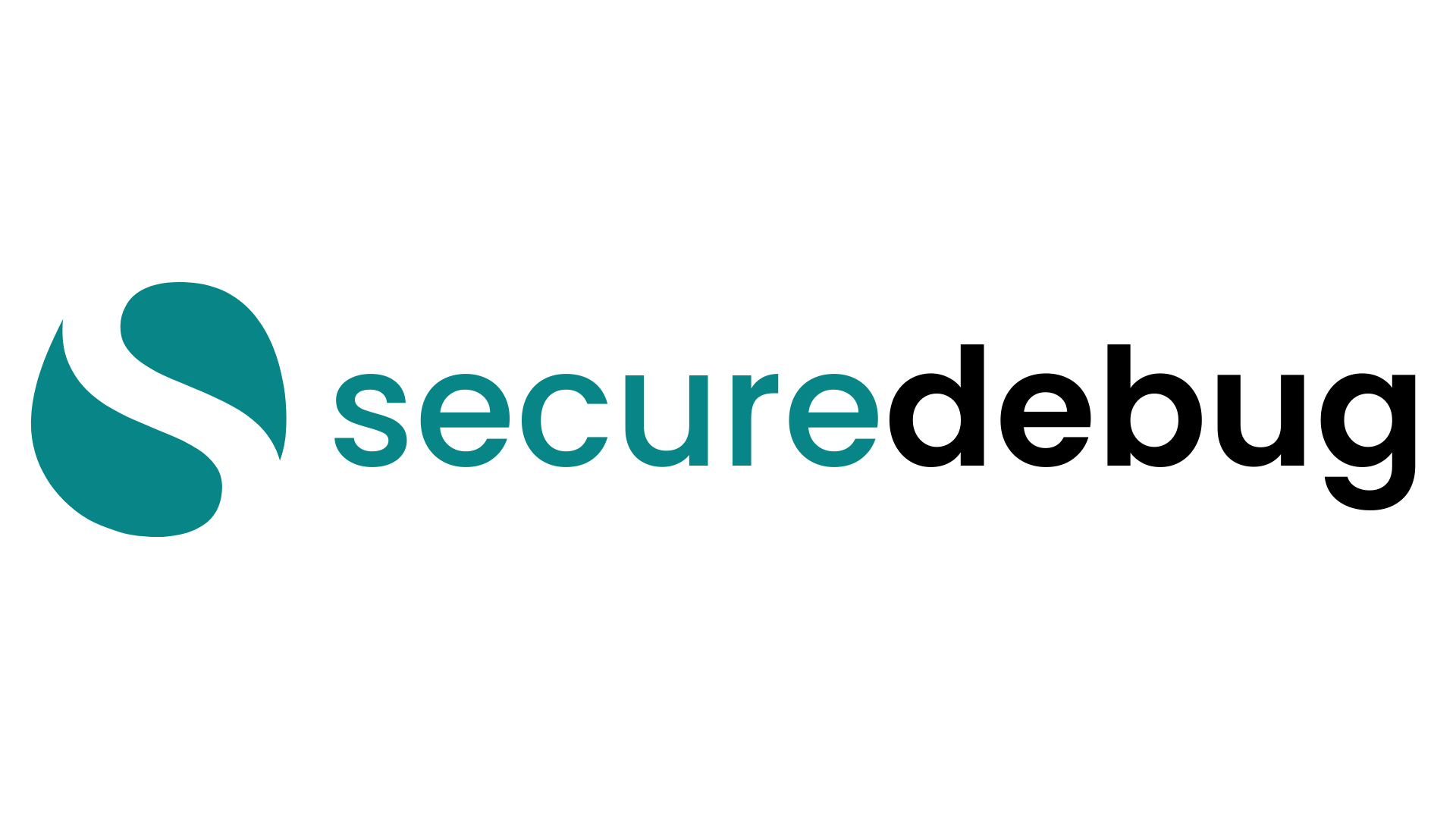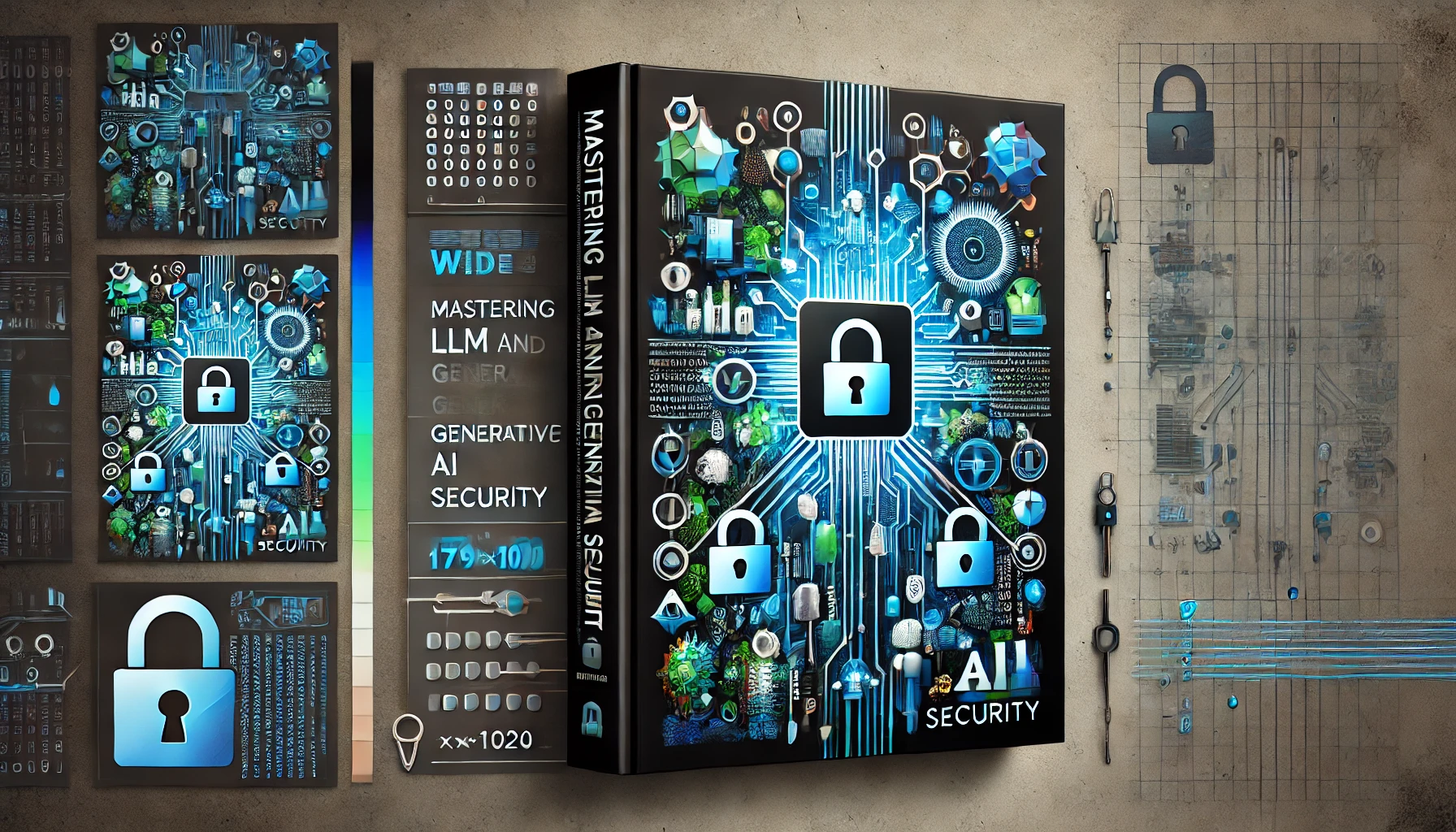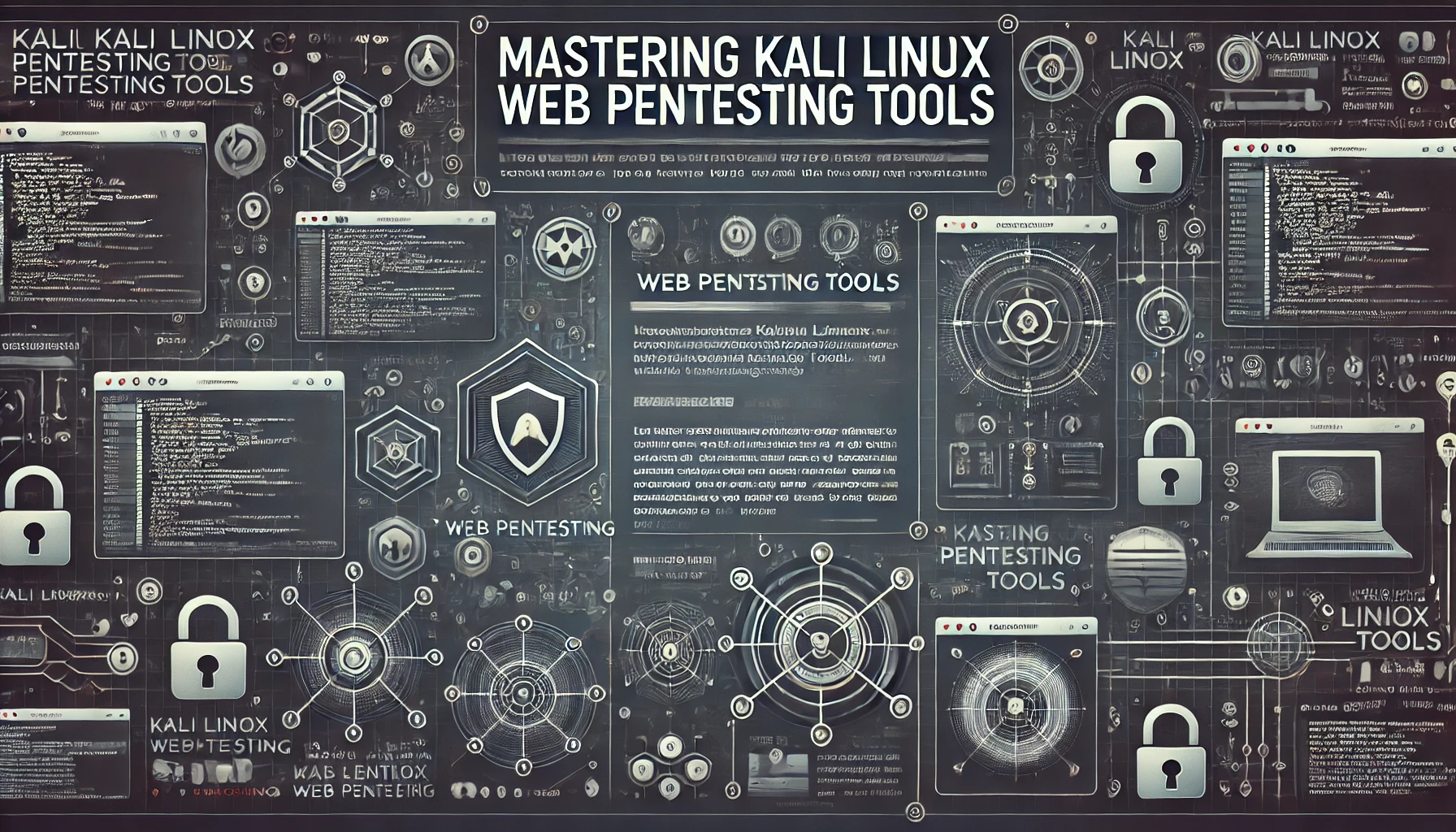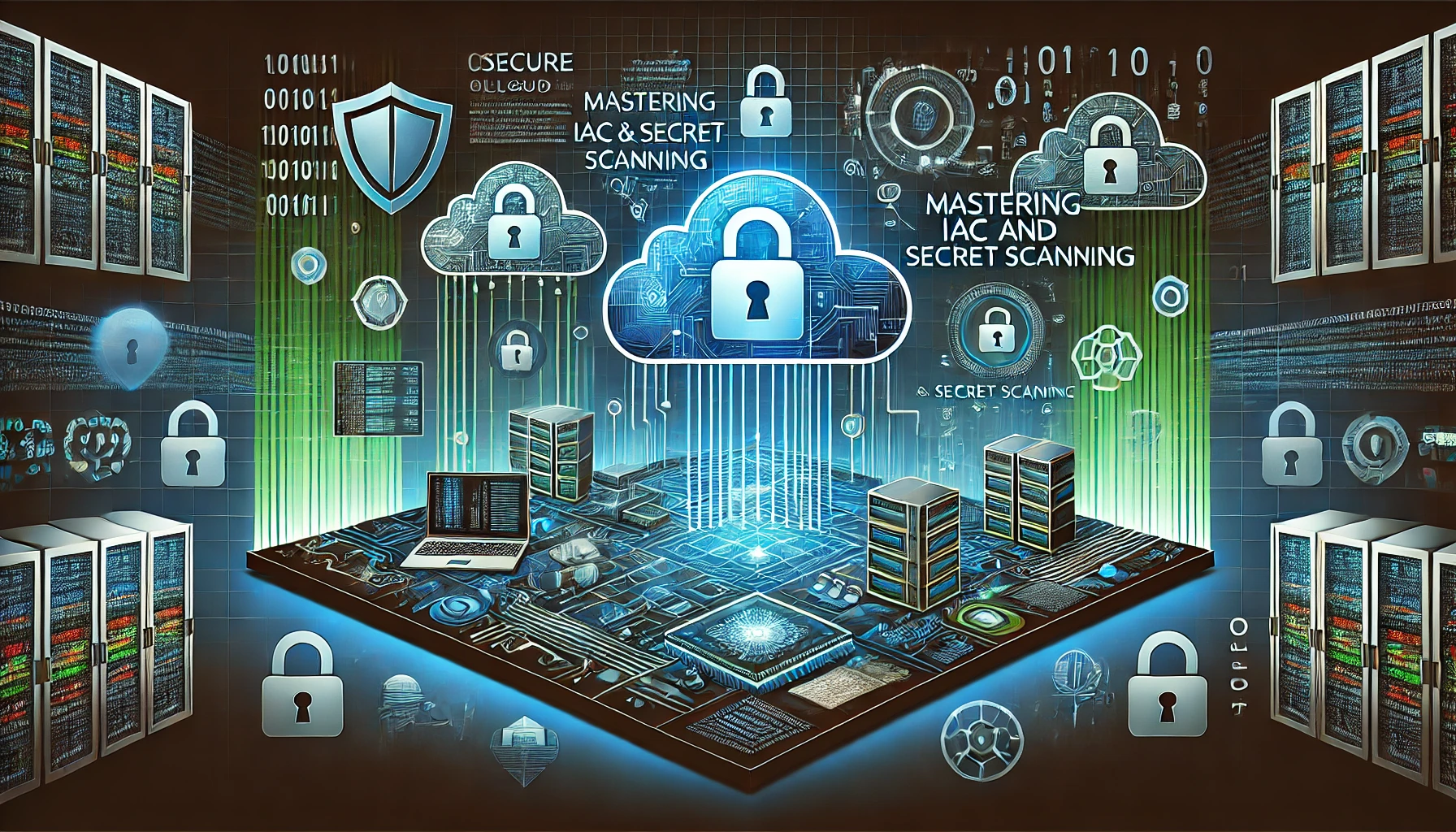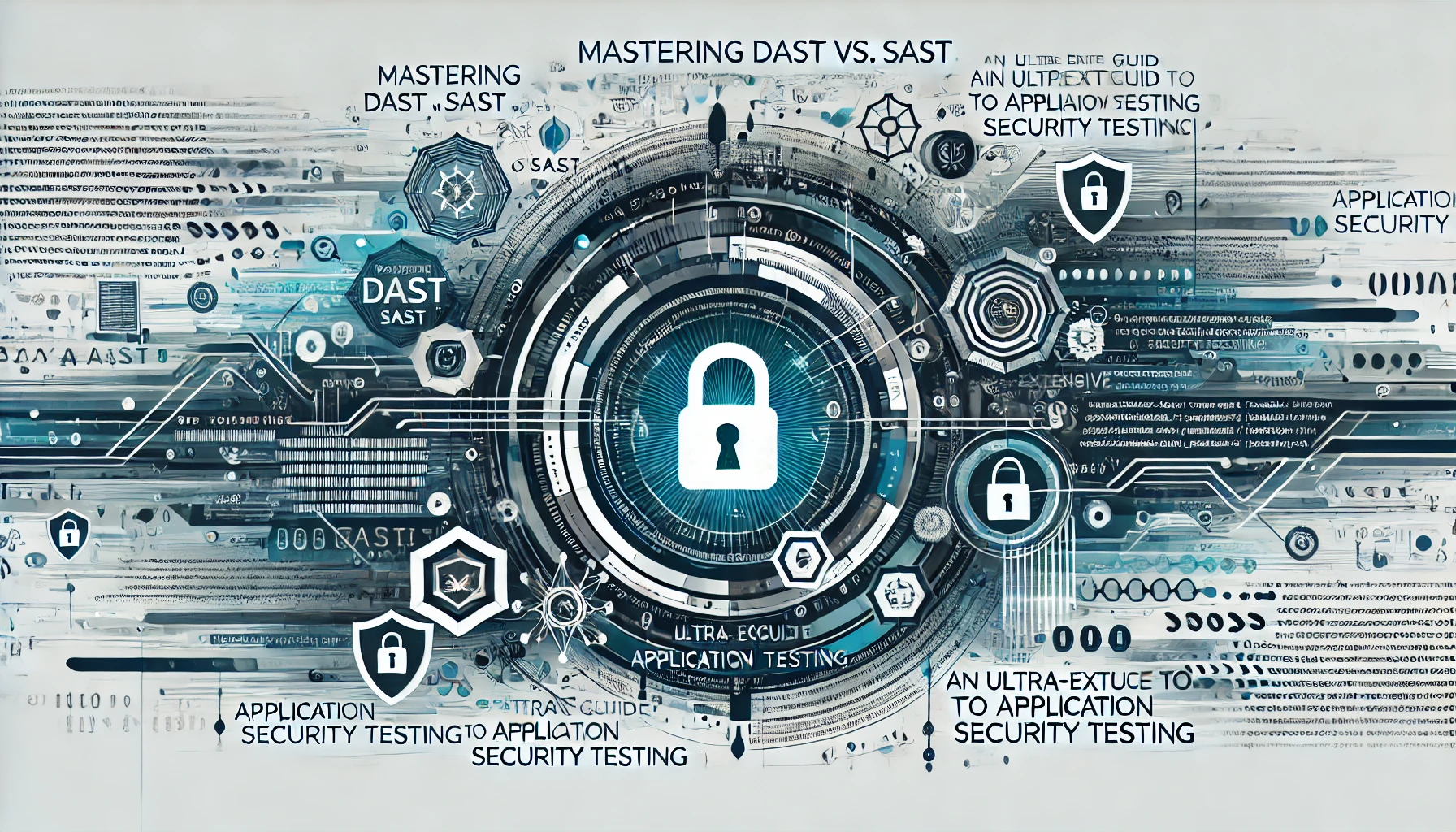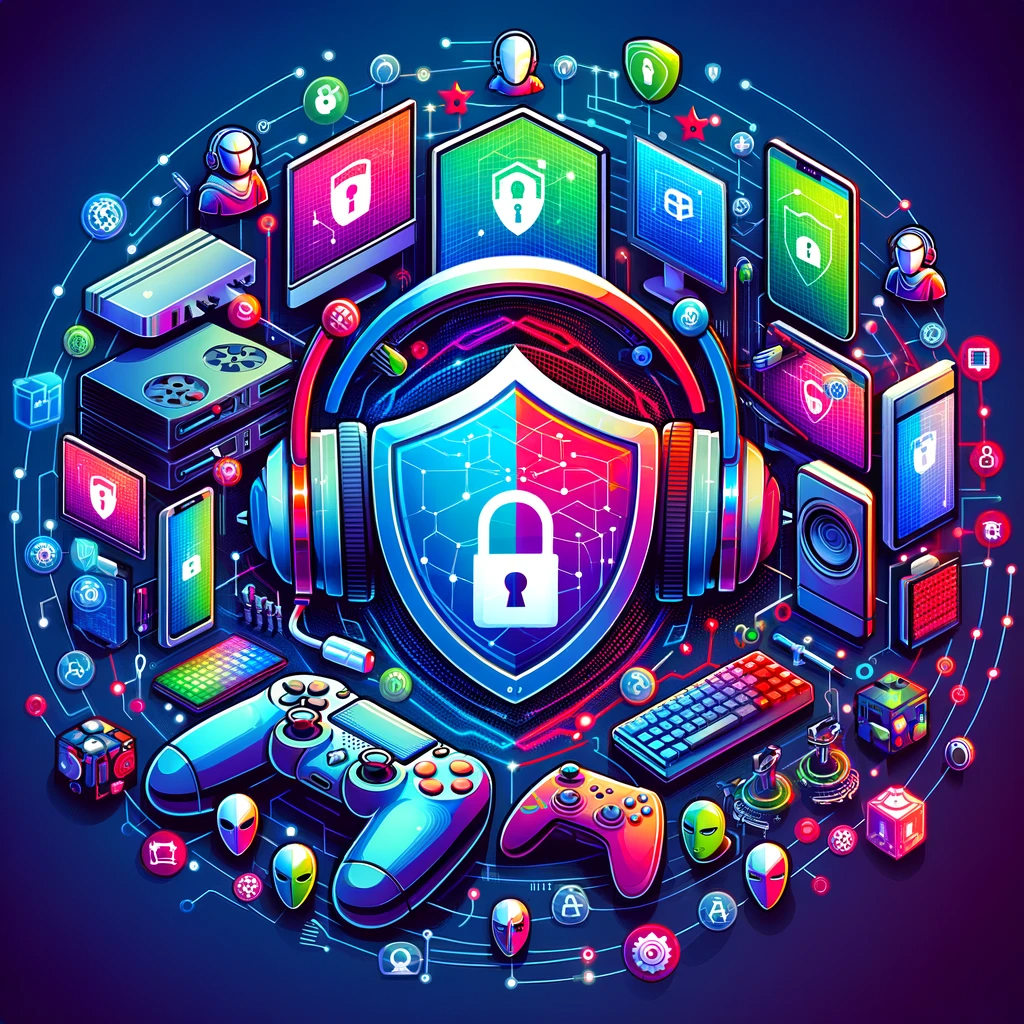
Protecting Online Gaming Platforms: Cybersecurity Measures and Best Practices
Online gaming has witnessed a remarkable surge in popularity over the years, attracting millions of users who engage in virtual adventures and competitive battles. However, this rise in popularity has also made online gaming platforms an attractive target for cybercriminals seeking to exploit vulnerabilities and gain unauthorized access to sensitive user data.
In this blog post, we will explore the importance of cybersecurity in online gaming and discuss specific measures and best practices to ensure the protection of gaming platforms and the players who enjoy them.
The Unique Challenges of Cybersecurity in Online Gaming
Cybersecurity in online gaming presents unique challenges compared to other digital platforms. The real-time nature of online gaming, the vast number of users, and the complex network architecture create a dynamic environment that requires robust security measures.
One of the primary concerns in online gaming is the protection of user accounts. Cybercriminals often target gaming platforms to gain access to personal information, such as email addresses, passwords, and payment details. This stolen data can be sold on the dark web or used for various malicious activities, including identity theft.
Implementing Effective Security Measures
1. Strong Authentication Mechanisms: Online gaming platforms should enforce strong authentication mechanisms, such as two-factor authentication (2FA). This additional layer of security ensures that even if a user’s password is compromised, the attacker cannot access the account without the second authentication factor.
2. Regular Security Updates: Gaming platforms must stay up-to-date with the latest security patches and updates. This includes both the underlying infrastructure and the gaming software itself. Regular updates help address known vulnerabilities and protect against emerging threats.
3. Encrypted Communication: Encrypting communication channels between gamers and the gaming platform prevents eavesdropping and data interception. Secure protocols, such as HTTPS, should be used to protect sensitive information transmitted during gameplay or account management.
4. Robust Anti-Cheating Measures: Cheating in online games not only disrupts fair play but can also introduce security risks. Implementing anti-cheating measures, such as cheat detection algorithms and behavior analysis, helps maintain a secure gaming environment.
Best Practices for Players
Cybersecurity is a shared responsibility between gaming platforms and players. Here are some best practices for players:
1. Use Strong and Unique Passwords: Create strong and unique passwords for gaming accounts. Avoid reusing passwords across multiple platforms to minimize the impact of a potential data breach.
2. Be Cautious of Phishing Attempts: Be vigilant against phishing attempts that aim to trick players into revealing their login credentials. Verify the authenticity of emails or messages before clicking on any links or providing personal information.
3. Keep Software Up-to-Date: Regularly update gaming software and associated applications to benefit from security patches and bug fixes.
4. Be Wary of Third-Party Mods and Add-ons: While mods and add-ons can enhance gameplay, be cautious when downloading them from unofficial sources. Malicious actors may use these as a way to deliver malware or gain unauthorized access to your system.
Conclusion
Cybersecurity is of utmost importance in the world of online gaming. By implementing effective security measures and following best practices, gaming platforms can safeguard user accounts and protect valuable data from falling into the wrong hands. Likewise, players must remain vigilant and adopt good cybersecurity habits to enjoy a safe and secure gaming experience.
Stay Connected with Secure Debug
Need expert advice or support from Secure Debug’s cybersecurity consulting and services? We’re here to help. For inquiries, assistance, or to learn more about our offerings, please visit our Contact Us page. Your security is our priority.
Join our professional network on LinkedIn to stay updated with the latest news, insights, and updates from Secure Debug. Follow us here.

